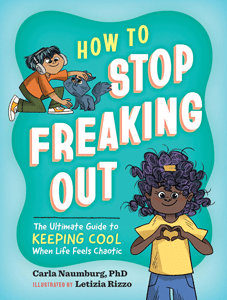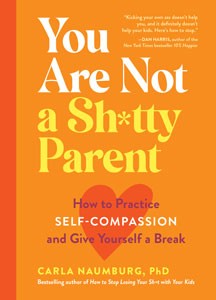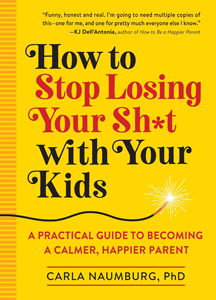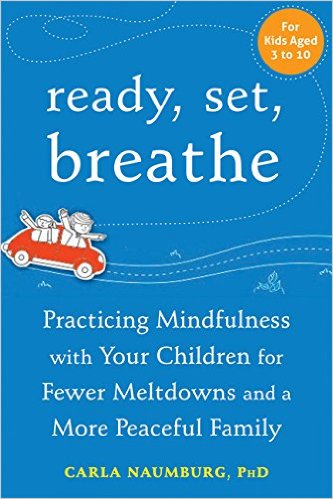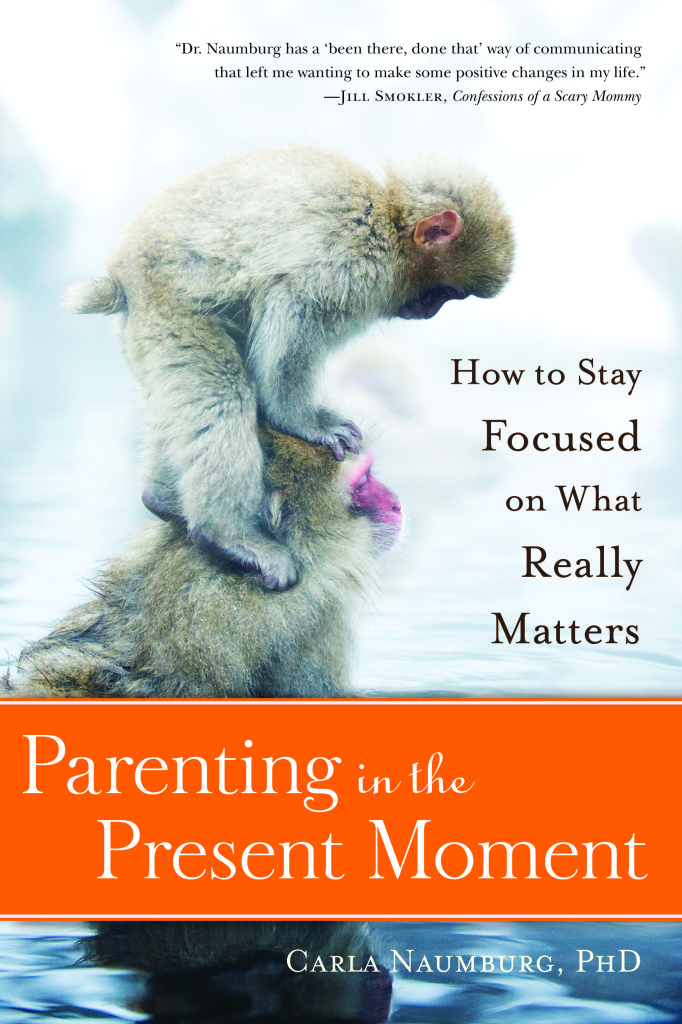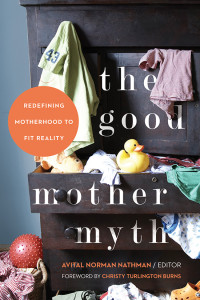I spent the first three decades of my life looking for the answer to this sentence: “I am ________________.”
Yes, I know. I am a woman. But I have never played the stereotypical “female” very well; I was a tomboy as a child, and even now, I don’t cook, I’m not particularly good at dressing up, and I had no idea I was supposed to wear heels to the event that Mayim Bialik spoke at a few years ago.
I am also a daughter, sister, wife, and mother. These are the most important, challenging, and meaningful roles and relationships of my life. But they don’t capture all of who I am.
Overall, though, my identity is complicated and not easily defined or described. I grew up in different states, multiple homes, and a variety of family configurations. I have a Jewish father who, at times, took my sister and me to church, and a mother who briefly sent us to Hebrew school despite her deep discomfort with organized religion. I am both a youngest child and a middle child.
I’m a social worker, but I’m actually a writer, or maybe I’m both. I believe in God but don’t identify as particularly spiritual. I enjoy going to synagogue, but I prefer secular meditation and mindfulness to Jewish prayer. I keep kosher—sort of. I send my daughters to Jewish Day School, but I can’t read the Hebrew on the bulletin boards.
Despite all of the contradictions and complications, or perhaps because of them, I have never enjoyed the freedom, opportunities, and flexibility of a life lived in the grey. I have always craved the safety and predictability of the black and white, the clear answers, the solid ground with a nice tall fence around it.
Well, mostly. Some part of me has always known that the grey is where the magic happens, where creativity and authenticity and connection thrive. Where I can listen to Johnny Cash sing about the Rock of Ages on my way to my local Jewish bakery to pick up a challah for Shabbat dinner.
Perhaps that’s why I landed in a religious community that refuses to provide simple answers. My Judaism (to borrow a lovely phrase from fellow Kveller Sarah Tuttle-Singer) gives me just enough solid ground to get steady and find my balance, which is the first step to figuring out where I’m going next. It offers me the lessons, stories, practices, and ideas to struggle with, in the context of a community that shares my values.
Finally, I can finish the sentence with one word that can hold all of where I came from, where I’m going, everyone I care about, and everything I believe in.
I am Jewish.
This post was originally published on Kveller.com.

